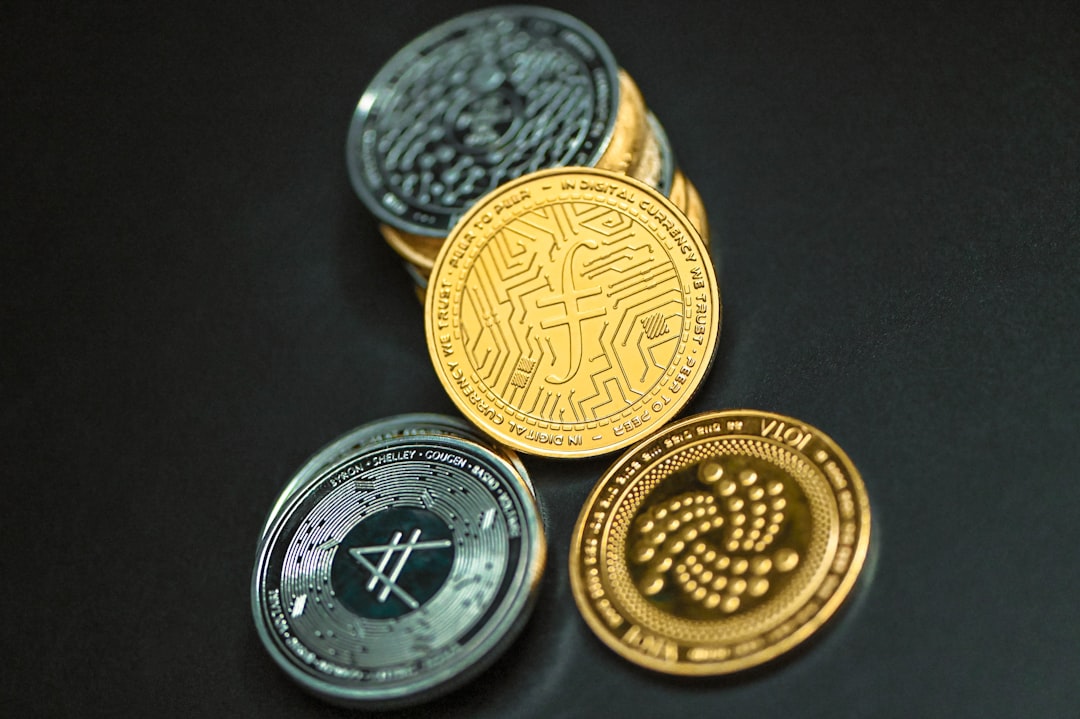
Hong Kong Virtual Currency Exchange License Deadline Approaches! What are the hidden mysteries behind the wave of license withdrawals?
A. The Licensing System Officially Comes to Earth Hong Kong's Crypto Market Welcomes a Watershed
On June 1, 2023, Hong Kong's Anti-Money Laundering and Counter-Terrorist Financing (Amendment) Ordinance took effect.Virtual Asset Service Provider (VASP) Licensing SystemThis policy, which the industry has dubbed the "Year of Cryptocurrency Regulation", explicitly requires all exchanges to be licensed. The policy, dubbed the "Year of Cryptocurrency Regulation" by the industry, explicitly requires all exchanges operating in Hong Kong to be licensed or face criminal liability.
It is a matter of concern thatThere are two stages of license application::
- First Round Application WindowClosed on February 29, 2024
- Final Operational PeriodSet for May 31, 2024
This means that exchanges that fail to meet the deadline for compliance will be withdrawn from the Hong Kong market altogether.
Second, the wave of withdrawal of licenses suddenly attacked! China-backed exchanges retreat en masse
Just when the market thought that the battle for licenses was settled, the May 2024 SuddenlySix exchanges collectively withdrew their applications::
- Hong Kong VAEXC Limited
- QuanXLab
- Huobi (HTX) Huobi HK
- Gate.
- OKX
- Yonghao Asia Technology (IBTCEX)
It's interesting to note that::
- China-backed exchanges dominate withdrawal list
- OKX announced a high-profile license application, but made a sharp U-turn at the final stage.
- Bybit Restricts P2P Trading for Hong Kong Users Though It Hasn't Withdrawn Its Application
The industry has generally analyzed thatStringent segregation of customer assetsandProhibition of revenue/borrowing servicesregulations may be a key factor in forcing the exchanges to back out of the market.
Status of licensed exchanges: only two in full operation
As of May 2024, the Hong Kong government has only issued two VASP licenses:
- OSL Digital Securities Limited
- HashKey Brokerage Services Limited
These two "regulars" have completed their license upgrades in August 2023 and can provide services to retail investors. However, they are strictly limited in terms of the types of products they can trade:
- Initially available onlyBitcoin (BTC),Ether (ETH)Mainstream currencies
- explicit exclusionStabilized Currencyand NFT trading functions
- Prohibit the provision of derivative services such as leverage and lending.
IV. A Must-See for Retail Investors! Survival Guide under the New Regulations
For the average investor, theMay 31, 2024It will be an important dividing line:
(i) Three main features of a compliant exchange
- Required to pass"Token Admission Committee"Currency Review
- EnforcementCustomer funds segregation system
- System RequirementsIP address tracking functionAutomatic blocking of transactions over the wall
(ii) List of investment restrictions
- Prohibition of Borrowing: Total elimination of leveraged trading (margin)
- Purchase Limit: Investment limit to be set through asset valuation
- Currency White List: Only the top 10% cryptocurrencies by market cap
V. Regulatory Windsock: The Future of Stablecoin and NFT
The Hong Kong Government has given clear signals:
- Stabilized currency regulatory framework to be launched in 2024: FSTB is studying the standards for auditing issuers' reserves.
- NFT Classification RegulationNFT with payment function will be included in the scope of the license, while pure collectibles will remain free to trade.
It is worth noting thatZA Bank Virtual BankThe opening of a cryptocurrency withdrawal channel is seen as a key step in Hong Kong's efforts to create a "fiat-virtual asset" closed loop.
VI. Hong Kong's Strategy under the Global Vision
Compared with competitors such as Singapore and Dubai, Hong Kong's regulatory system has shown that it is not as good as it used to be.The "Precise Openness" Feature::
- Allow retail participation with strict firewalls
- Encourage institutional-level product innovation (e.g., virtual asset ETFs)
- Focus on cracking down on money laundering loopholes and requiring exchanges to monitor the flow of funds in real time.
The industry predicts thatSecond half of 2024Will appear:
- Deep cooperation between traditional financial institutions and licensed exchanges
- More Listing Applications for Compliant Stabilized Currency Products
- Regulatory Patch Policy for DeFi Platforms
The end of this license battle may be the key to Hong Kong's success as the "crypto capital of Asia".
Disclaimer: The contents of this article are for informational purposes only and should not be construed as any form of promotion, investment advice, or invitation, solicitation or recommendation of any investment product.
The contents of this article have been reprinted.offensiveIf there is anything wrong, please contact us and we will remove it immediately, thank you.
Readers should make their own assessment and seek professional advice.





